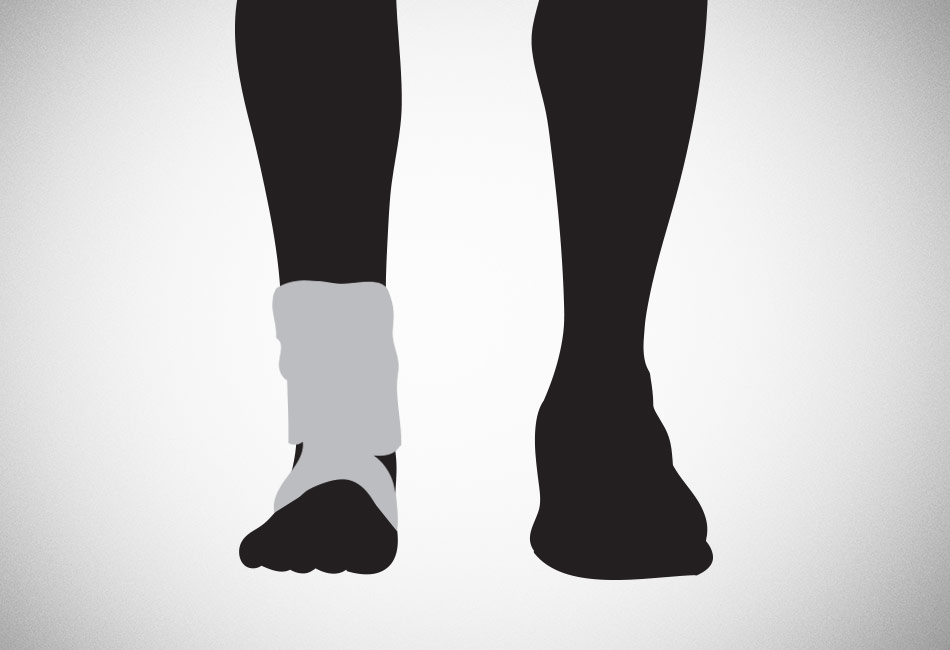After the “eat less and exercise more” mantra that’s trotted out every time someone asks about the secret to getting fitter, comes the equally meaningless and overused phrase “listen to your body”. To show just how contradictory that last admonition is consider that we only get fitter, stronger, faster if we put our bodies under more pressure than they can usually bear so we can trigger the adaptive response.
So, when our bodies whisper “stop” to our inner ear do we ignore them and keep going? Or, do we listen to them and keep going because we understand that our bodies lie? It kinda gets a little confusing which is why we went digging for answers. The medical term for listening to our body is called Interoception and it’s defined as an: “Awareness of one’s body … intimately linked to self-identity, the sense of being “me”. A key question is how the brain integrates different sensory signals from the body to produce the experience of this body as [one’s own], known as sense of body-ownership.”
The fact that Depersonalization-Derealization Disorder (DD) typically manifests as a disruption of body self-awareness and leads to clearly defined medical and psychological conditions with a deep psychosomatic connection suggests that learning to feel comfortable inside our own skins is a skill that we can learn to develop. More than that, studies suggest that unless we learn to cultivate that feeling of comfort inside our own bodies we can’t change physically the way we want to. Without our being aware of it there is a constant dialogue going on between our minds and our bodies, which means that beyond the need for our learning to “listen” to the body we really need to learn to eavesdrop on this dialogue.
So, how do we do all that exactly?
Connect Body And Mind
The key to actually listening to our body and understanding what it says is feeling empathy for it (and ourselves). After all it is our body, we live inside it. Many times we are culturally conditioned to “tough things out” and that is misinterpreted as a need to deny. If we feel stressed out by a particular situation or our lifestyle in general we tend to disregard the feeling, clamping down on our emotions and keep on going until we break.
We adopt the same senseless bravery when we are ill or injured. We tend to keep on going with a dogged determination that disregards the warning signs. We usually end up aggravating things rather than making them better. Here’s how to avoid all of this in the first instance:
- Be open to how we feel. That means we don’t ignore situations that make us feel stressed out and uncomfortable. Granted many times we don’t have a choice and we cannot walk away but acknowledgement allows us to realize we are getting stressed and that means we can deal with it better.
- Establish a routine. Even the most erratic lifestyles still have some routine. A routine allows us to create natural dips and peaks in our day, when it is OK to slow down a little and grab a breather before forging on again.
- Smile. A smile releases the same endorphins in our body as if we are genuinely happy and after a while everything begins to fall into perspective.
- Meditate. Our Guide to Meditation will show you how if you are not sure how to go about it.
- Be Realistic. Going from zero to hero in any kind of training program is a recipe for disaster and a call for injury. The body is an adaptive machine but it needs time to adapt. So make sure you increase your training load and difficulty levels incrementally and you take the tried and tested “slow and steady” route. In fitness there really are no shortcuts.
- Be kind to yourself. This is probably the hardest part to follow. We tend to sacrifice ourselves way too easily because our bodies is something we control which makes it easy to ignore our own needs first. Making sure we eat right, drink plenty of water and get enough rest and sleep is the hardest thing to maintain but it is important for physical and mental recuperation and long term balance. Occasional deep rests tend to make up for the hectic lifestyles we all lead and staying hydrated and getting some downtime where we enjoy some music, play a game or just look at a view, are all activities that help take our minds and bodies away from constant effort and allow them to recharge.
Get Wise to False Positives
The body is designed, by nature, to seek as much rest, food and drink as possible. That’s because traditionally these were things that did not come by easily. In our ancient lifestyles the norm was hard work and exercise and the luxuries were having plenty to eat and drink and enough time and a safe place to sleep deeply.
Our modern lifestyles have reversed all this but our bodies are still ancient in their desires and makeup. Setting time aside to train on a dark winter day when we are all comfy in front of a fire, or going for a run when it’s cold and windy outside start an immediate dialogue inside our heads where our body tells us it is “too tired”, outside is “too cold”, it’s “too dark”, perhaps we can make it up by training twice as hard the next day. Guess what? That’s exactly the kind of thing that creates emotions of guilt which then blind us to the signals our body sends us and load us with negative emotions and the need to overtrain.
False positives are just that: false. We can safely sail past them, acknowledging them for what they are and discipline ourselves to a little discomfort. It is the acknowledgement, rather than the act of ignoring, that makes us able to safely bypass the resistance of our body.
Summary
Listening to our body is not an easy thing to do. It takes time and patience and perseverance to learn how to do it. We are actually training our mind and body to be one and it has to happen gradually as we familiarize ourselves with the workings and nuances of our inner world. When we get it right however we become capable of using our bodies and minds like the finely honed instruments they truly are.
Sources
Interoception: the sense of the physiological condition of the body (pdf)
Interoception in Emotional Experience (pdf)
Mapping Emotions On The Body: Love Makes Us Warm All Over
Body senses and the mind (pdf)
Brain Areas Critical To Human Time Sense Identified
Interoception, Emotion and Brain (pdf)








